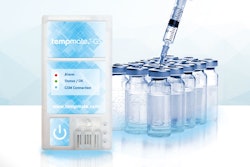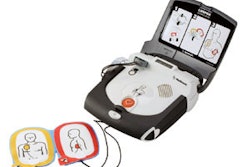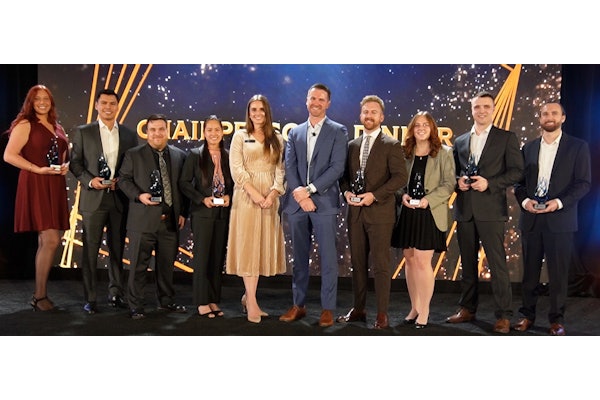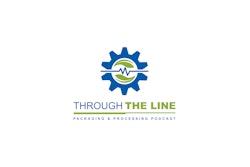On the topics of serialization, aggregation and supply chain security, tons of questions linger. The pharma industry as a whole is still finding its footing in terms of interoperability and tools for data sharing, which is why it was surprising when this question was asked multiple times throughout HDA’s 2017 Traceability Seminar in various forms:
Are downstream trading partners required to receive transaction data electronically?
At first glance, it may be an obvious “Yes. Moving on.” But by the third time an audience member asked, it was clear that companies are still, in fact, dealing with paper records from their partners, and they want to know how they should be handling this.
What is a company’s responsibility if they themselves are capable of submitting or receiving electronic T3 info (Transaction History [TH], Transaction Information [TI] and Transaction Statements [TS]), but their partners are still providing or requesting paper documentation?
-
For example, a small manufacturer is having issues providing electronic T3s. If they are submitting paper records to their trading partner, what is the trading partner’s requirement to receive the data? Should they store these paper records?
-
One attendee brought up a scenario where a manufacturer is continuing to send a paper T3, in addition to the electronic version. While the requirement is for electronic T3 submission, what should trading partners do if paper is still being used?
-
A manufacturer noted that they are capable of sending electronic T3s, but what should they do if their downstream partners can’t accept them? What can the manufacturer do to ensure they are covering their bases?
After multiple attendees asked, Ilisa B.G. Bernstein,Deputy Director, Office of Compliance, CDER, mentioned the idea of taking this issue back to the office to evaluate whether guidance on this topic may be necessary.
While certainly not a promise of what’s to come, the sheer number of interested parties demonstrates an important lesson that we already know: What happens in practice—with real people and real products—can differ significantly from what is laid out by the regulations and standards.





















